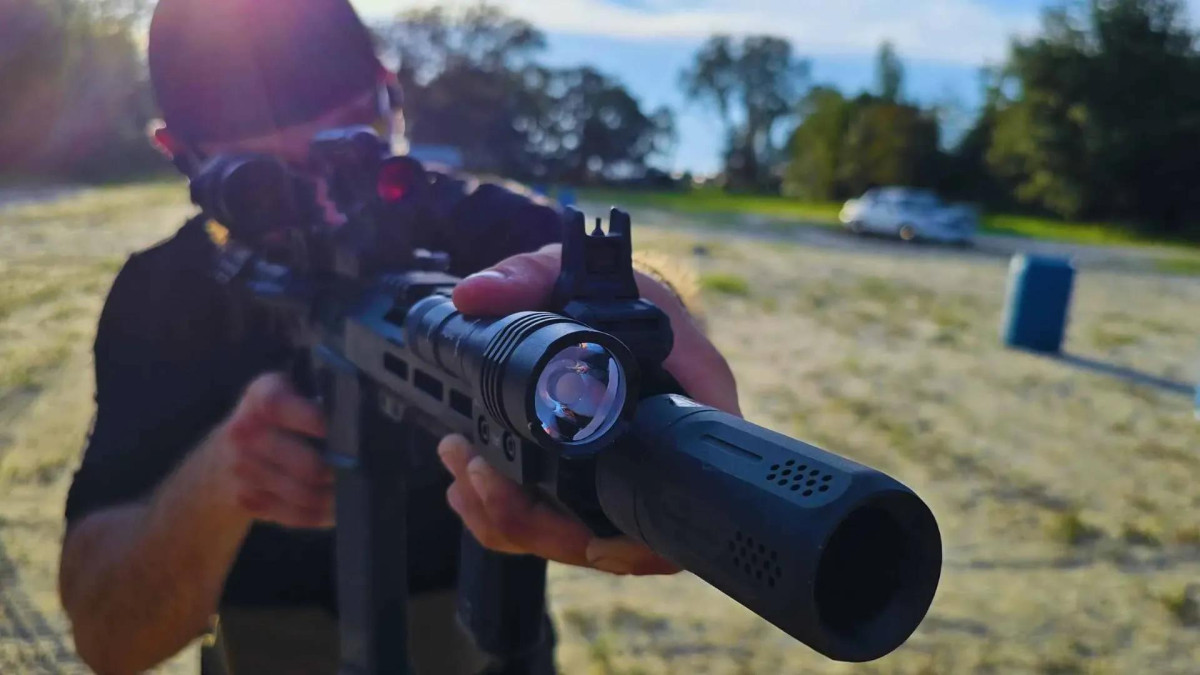Phylax Global Introduces Military-Style Tactical Training for Civilians to Enhance Safety and Preparedness

Summary
Full Article
Phylax Global has unveiled a new initiative aimed at equipping civilians with military-style tactical training, focusing on self-defense, situational awareness, and personal readiness. This program is designed to be accessible to individuals of all ages and fitness levels, offering a curriculum that spans self-defense tactics, threat evaluation, and crisis management. The training is led by seasoned instructors with backgrounds in military and law enforcement, ensuring high-quality, practical education.
The courses emphasize the importance of situational awareness, teaching participants how to effectively assess their environment and make quick, informed decisions in potentially dangerous situations. This skill is crucial for personal safety and can play a significant role in reducing the likelihood of becoming a victim of crime. Beyond physical training, the program also focuses on mental preparedness, helping individuals maintain composure and focus under stress.
In addition to self-defense, the curriculum includes emergency response and first aid training, offering a comprehensive approach to personal preparedness. This aspect of the training ensures that participants are not only able to protect themselves but also assist others in times of need, from medical emergencies to natural disasters. The inclusive nature of the program fosters a sense of community among participants, further enhancing the value of the training.
Phylax Global is dedicated to making these courses widely accessible, with various locations and schedules to accommodate the diverse needs of civilians. This initiative represents a significant step forward in personal safety education, providing individuals with the tools and confidence needed to navigate today's increasingly complex world. For more details, visit https://phylaxglobal.com/.

This story is based on an article that was registered on the blockchain. The original source content used for this article is located at Press Services
Article Control ID: 121725